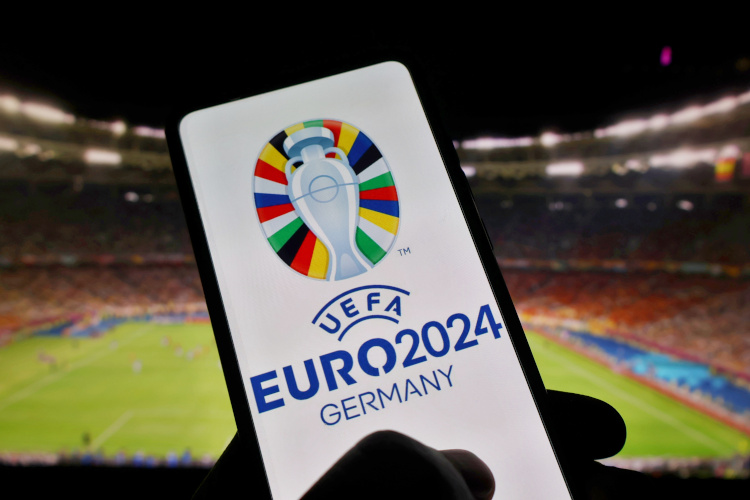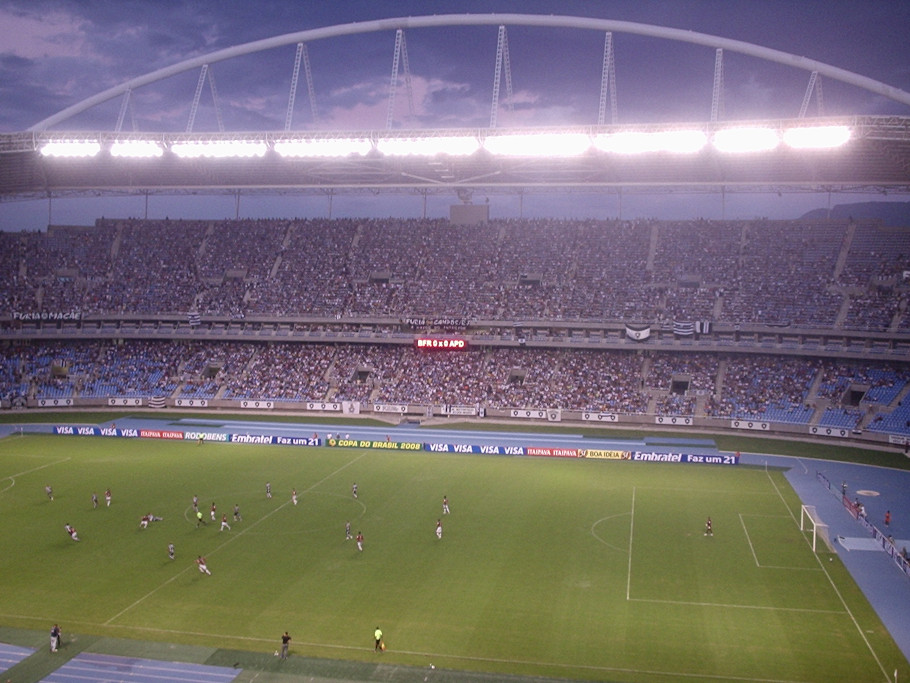The football rivalry between England and Spain is one steeped in history, showcasing a clash of styles and cultures on the international stage. Both nations boast storied football traditions, with England known for its physicality and tradition and Spain celebrated for its technical prowess and flair. This article delves into the history of their encounters, significant matches, and the evolution of their rivalry.
Early Encounters and Foundations (1929-1970)
The first official match between England and Spain took place on May 15, 1929, in Madrid. Spain secured a memorable 4-3 victory, marking the beginning of a competitive and respectful rivalry. This match was notable as it was the first time England had been beaten by a non-British side on foreign soil, underlining the growing strength of Spanish football.
Throughout the mid-20th century, the two nations faced each other sporadically, with each team experiencing periods of dominance. In the 1950s and 60s, England’s physical and direct style often clashed with Spain’s technical approach, reflecting broader footballing philosophies of the time.
World Cup and European Championship Clashes (1980s-2000s)
The rivalry intensified with competitive matches in major tournaments. One of the most memorable encounters was during the 1982 World Cup in Spain. In a second-round group stage match, England and Spain played to a 0-0 draw in Madrid, which ultimately saw England eliminated from the tournament.
In the 1996 UEFA European Championship held in England, the two teams met in the quarter-finals. The match ended 0-0 after extra time, and England won 4-2 on penalties. This game was notable for its tense atmosphere and controversial refereeing decisions, particularly regarding two disallowed Spanish goals.
The early 2000s saw a shift in Spanish football, with Spain beginning to dominate international matches. A friendly in 2004 saw Spain defeat England 1-0 in Madrid, a match remembered not only for the result but also for the racial abuse directed at England players, highlighting ongoing issues of racism in football.
Spain’s Golden Era and Continued Rivalry (2008-2016)
Spain’s dominance in international football began in earnest with their victory at the 2008 European Championship, followed by their World Cup triumph in 2010 and another Euro title in 2012. During this period, Spain’s tiki-taka style, characterized by short passing and movement, possession, and positional play, set them apart as one of the greatest teams in history.
A notable friendly in November 2011 saw England secure a 1-0 victory over the reigning world and European champions Spain at Wembley, with Frank Lampard scoring the only goal. Despite the friendly nature of the match, the result was significant for England, proving they could compete with the best.
The rivalry continued with another friendly in November 2016, ending in a 2-2 draw at Wembley. England led 2-0 until late goals from Iago Aspas and Isco salvaged a draw for Spain, showcasing their resilience and attacking flair.
Modern Encounters and Evolution of Styles (2018-Present)
In the UEFA Nations League, a tournament designed to provide more competitive matches than traditional friendlies, England and Spain were drawn in the same group in the inaugural 2018-2019 season. Spain won the first encounter 2-1 at Wembley, with goals from Saul Niguez and Rodrigo cancelling out Marcus Rashford’s opener. In the return fixture in Seville, England stunned Spain with a 3-2 victory, thanks to a brace from Raheem Sterling and a goal from Rashford, marking a significant win for Gareth Southgate’s young squad.
These matches highlighted the evolution of both teams, with England adopting a more possession-based and attacking style under Southgate, in contrast to their traditional direct approach. Spain, while maintaining their technical and possession-based philosophy, began integrating younger talents into their squad, ensuring a blend of experience and youth.
Key Players and Memorable Performances
Over the years, several players have left a lasting impact on the England-Spain rivalry. For England, players like Bobby Charlton, Gary Lineker, and David Beckham have had memorable performances. Beckham’s crucial penalty in the 2002 World Cup qualifiers and Lineker’s goals in the 1980s are standout moments.
For Spain, players such as Raul, Xavi, and David Villa have been instrumental in their matches against England. Raul’s goal in the 2004 friendly and Xavi’s midfield mastery during Spain’s golden era epitomize their contributions.
Cultural and Tactical Differences
The England-Spain rivalry is not just a clash of teams but also a clash of footballing philosophies. England’s traditional style has been characterized by physicality, speed, and aerial prowess, reflecting the nature of English domestic football. In contrast, Spain’s approach has emphasized technical skill, possession, and strategic patience, influenced by the Spanish leagues’ focus on technical development.
These differences have made encounters between the two teams fascinating, as they often showcase the contrasting strengths and weaknesses of each footballing culture. The evolution of both teams’ styles in recent years has added another layer to the rivalry, as each nation adapts and incorporates elements from the other’s philosophy.
Conclusion
The history of the England-Spain football rivalry is rich and multifaceted, reflecting broader trends in international football. From early encounters and World Cup clashes to the modern era of tactical evolution and competitive balance, matches between England and Spain have consistently provided drama, excitement, and memorable moments. As both teams continue to evolve and compete at the highest levels, the rivalry remains a compelling narrative in the world of football, celebrating the diversity and passion that make the sport truly global.
- Neymar’s Return to Santos FC - January 29, 2025
- Manchester United and Manchester City: Challenges in the 2024-2025 Premier League Season - January 5, 2025
- Manchester City: The Downfall of a Modern Football Powerhouse - December 16, 2024



